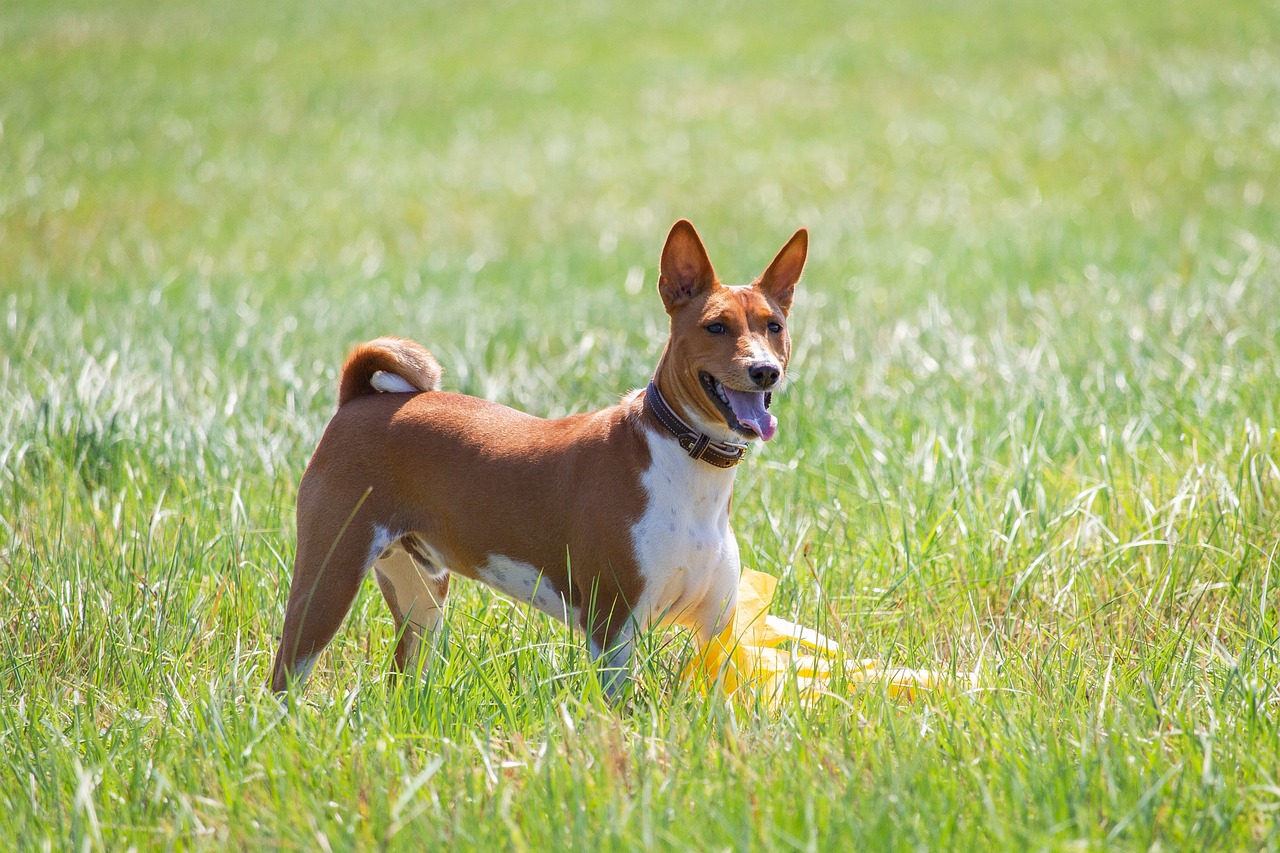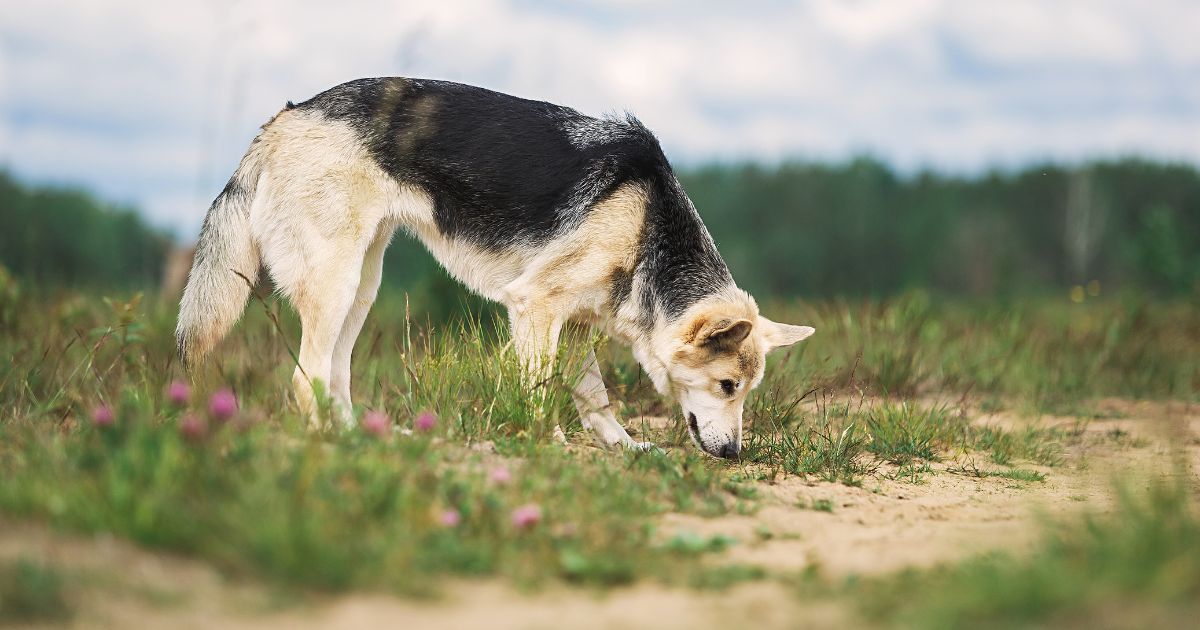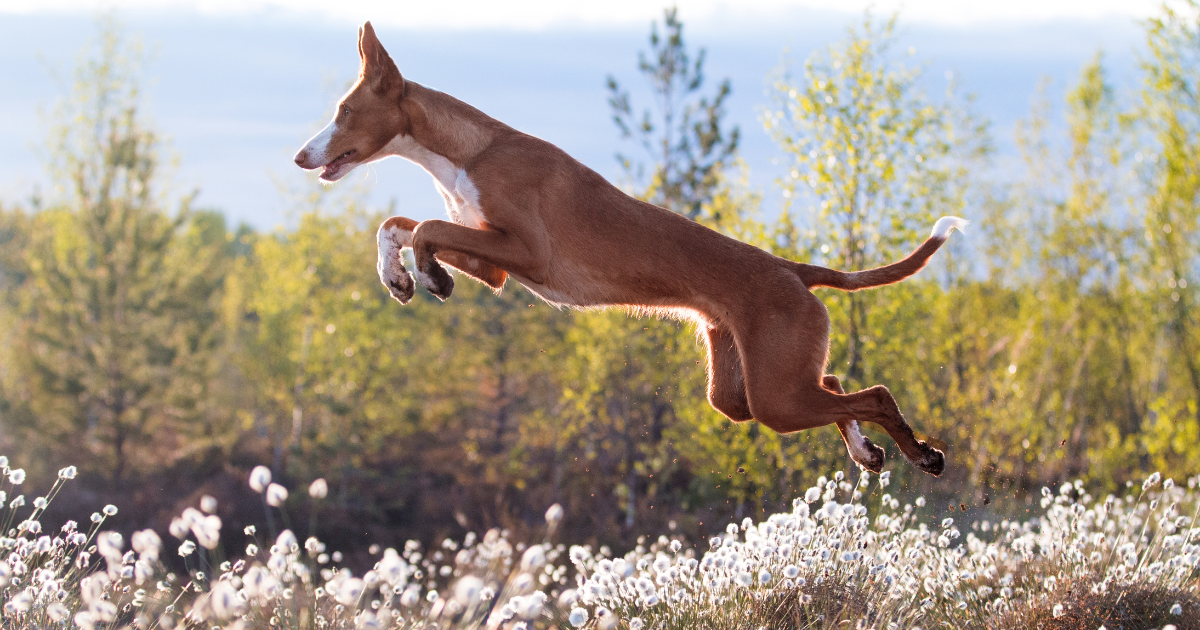Dogs have been our loyal companions for thousands of years. They have been bred for various purposes, from hunting to guarding, and have developed into hundreds of different breeds over time. However, not all dog breeds have undergone the same degree of domestication. Some breeds, known as primitive dog breeds, have retained more of their ancestral traits and are believed to be closer to the original dog types that existed thousands of years ago.
In this post, we will explore the fascinating world of primitive dog breeds and discover their unique traits, history, and impressive abilities.
What are Primitive Dog Breeds?
Primitive dog breeds are those that have been less extensively bred and selected for specific traits than many other modern breeds. They are often classified as “ancient breeds” or “pariah dogs” and are found in different parts of the world. These breeds are believed to have originated from the wild ancestor of the dog, the gray wolf, and have retained some of their ancestral traits, such as independence, intelligence, and athleticism. For more on Pariah Dogs:
How to Support Someone Feeling Overwhelmed with a New Rescue Dog?
Affirmations for Anxious Dog Guardians
Important Dog Holiday & Awareness Dates August 2024
Are Dogs Natural Scavengers? What actually is Scavenging?
Should you Adopt a Street Dog? Potential Behavioural Issues
Primitive Dog Breeds: Discovering the Ancestral Canine Roots
Characteristics of Primitive Dog Breeds
Primitive dog breeds have several unique characteristics that distinguish them from other breeds.
Here are some of the most common traits:
- Independent nature: Primitive breeds have a strong sense of independence and are often less dependent on their human companions than many other breeds.
- Athleticism: These dogs are usually agile, active, and have a high endurance level. They are well-suited for activities such as running, hiking, and agility competitions.
- Intelligence: Primitive breeds are known for their intelligence and problem-solving abilities. They are quick learners and have a keen sense of observation.
- Loyalty: Despite their independent nature, many primitive breeds are loyal and devoted to their owners.
- Unique physical features: Primitive breeds often have unique physical features, such as curled tails, upright ears, or brindle coats. These features can vary greatly from breed to breed.
Examples of Primitive Dog Breeds
There are several breeds that are considered to be primitive dog breeds.
Here are some of the most well-known ones:
- Basenji: Originating from Central Africa, the Basenji is known for its unique yodel-like bark and independent nature. They are also one of the few dog breeds that do not bark.
- Akita: The Akita is a large and powerful breed that originated in Japan. They are known for their loyalty and protective nature.
- Siberian Husky: The Siberian Husky is a medium-sized dog breed that originated in Siberia. They are known for their thick double-coat, endurance, and ability to pull sleds.
- Shiba Inu: The Shiba Inu is a small and agile breed that originated in Japan. They are known for their bold and independent nature.
- Carolina Dog: The Carolina Dog is a medium-sized breed that originated in the Southeastern United States. They are known for their natural hunting abilities and independent nature.
History of Primitive Dog Breeds
Primitive dog breeds have a long history that dates back thousands of years. They were originally used by humans for various purposes, such as hunting, guarding, and companionship. Some primitive breeds, such as the Basenji, have been around for thousands of years and have changed little over time. Others, such as the Carolina Dog, were only recently recognized as a distinct breed.
The Importance of Preserving Primitive Dog Breeds
As the world becomes more urbanized and people’s lifestyles change, some primitive dog breeds are at risk of disappearing. However, preserving these breeds is important for several reasons. For one, they offer a glimpse into the past and allow us to understand the history of dogs and their relationship with humans.
Additionally, they often possess unique physical and behavioural traits that can be valuable for scientific research or breeding programs. Preserving primitive breeds also helps to maintain genetic diversity and prevent inbreeding within the canine population, which can lead to health problems.
Primitive dog breeds are a fascinating group of dogs that offer a glimpse into the ancestral roots of our canine companions. These breeds are known for their independence, athleticism, intelligence, and loyalty, and they have a long history of serving humans in various roles. As we move forward into the future, it’s important to remember the value of preserving these unique and ancient breeds and continuing to appreciate their unique traits and abilities.








